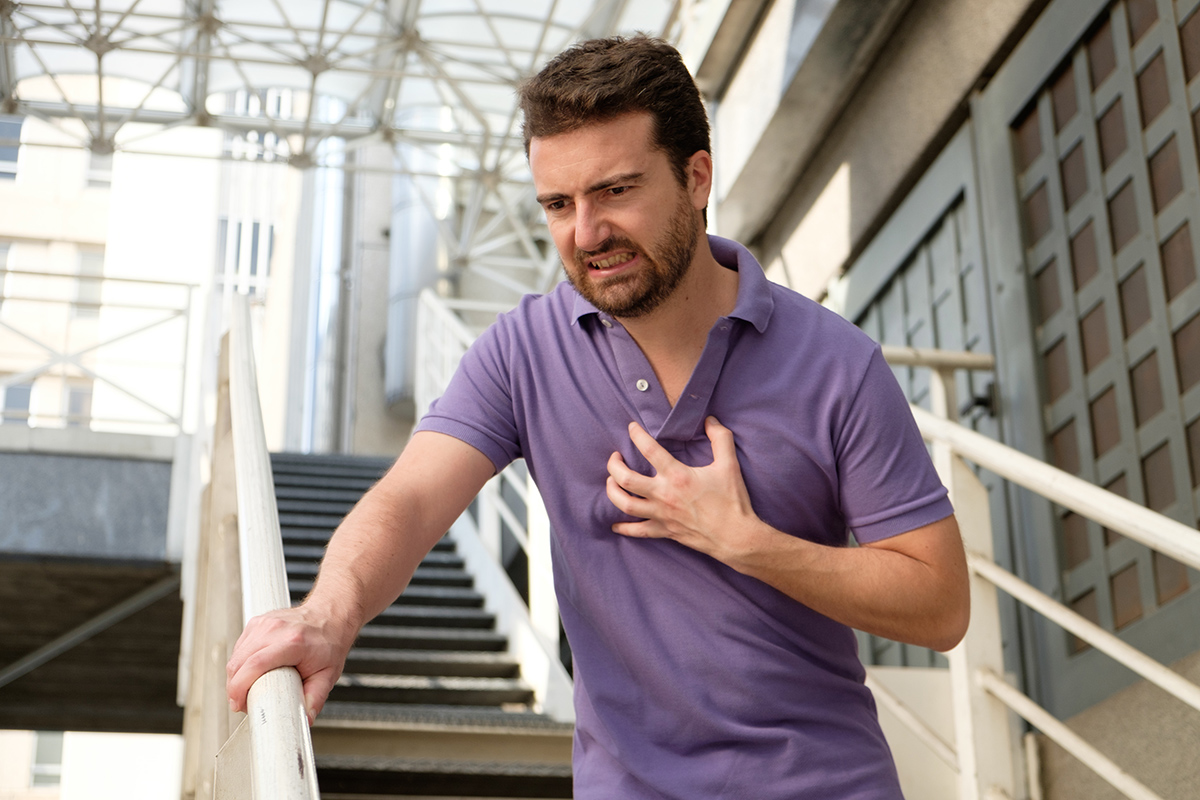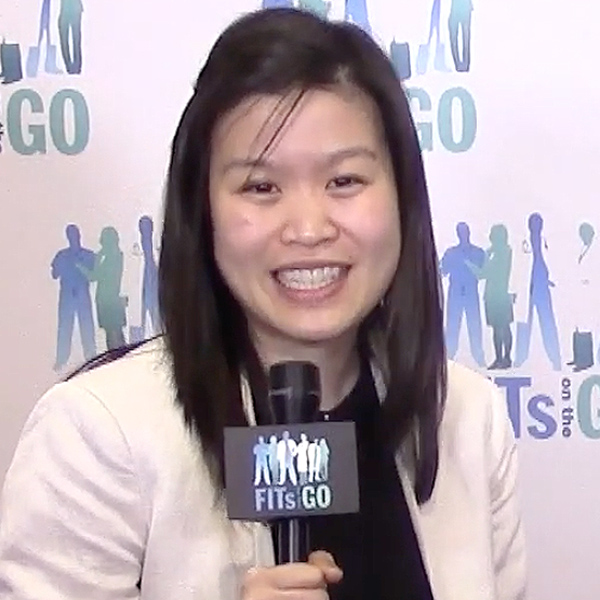The Road Less Traveled: Complexities of Advanced Therapies in ACHD

With advances in the diagnosis and management of congenital heart disease (CHD), there is an increased prevalence of adults who develop ventricular dysfunction and subsequent advanced heart failure. As cardiology trainees, we will be caring for these adults who are very different compared to patients with other forms of heart failure.
Adults with CHD have unique characteristics, yet they are still a small percentage of patients undergoing advanced therapy. These include heart transplantation and mechanical support, which are known to be beneficial in select patients, yet the timing, psychosocial impact and outcomes of these therapies are still a work in progress.
As a general cardiology fellow, I felt I had to spent considerable time learning the surgeries or the shunts (no matter how often I relearn it, I still have to look up what a modified Fontan is), so it was a slow realization that these adults are more than their surgeries.
Of course, we need to learn their previous history to care for them, but the bigger issue is how do we follow these patients so we can adequately address their individual needs in the future? These patients are often young, and the timing, support and need for a multi-disciplinary team are essential.

Adults with congenital heart disease (CHD) have unique characteristics that make advanced heart failure therapies intricate, including complex anatomy, arrhythmias and previous surgeries.
Before recognizing the need for advanced heart failure therapies, as cardiology fellows there is an important question to consider.
How do we establish a standardized approach in patients who need individualized care?
Although this is a difficult question to answer, we can advocate as fellows for their overall well-being. We should consider the impact of not just the adult congenital specialist but also the multidisciplinary influence in the care of these patients.
After rotating through the adult congenital clinic, I have realized that expertise in many subspecialties like heart failure, interventional and electrophysiology is paramount; however, there is also the essential consideration of the social determinants of health, which includes the social worker and our palliative colleagues.

There is the need for further research in the field of advanced therapies for adults with CHD, but ultimately a combination of the medical advances and the social aspect of care will benefit our patients. (Check "all the above" if this were a board question).
The care of adults with CHD is incredibly humbling and challenging, and collaboration in a multidisciplinary fashion is ideal (although easier said than done).
It can be overwhelming and uncomfortable for both our patients and ourselves when we care for persons with complex disease, but it is crucial to recognize that people are more than their disease.
It may have to start with us simply addressing the issue, "How are you dealing with all of this?"
"Without a sense of caring, there can be no sense of community" – Anthony J. D'Angelo


